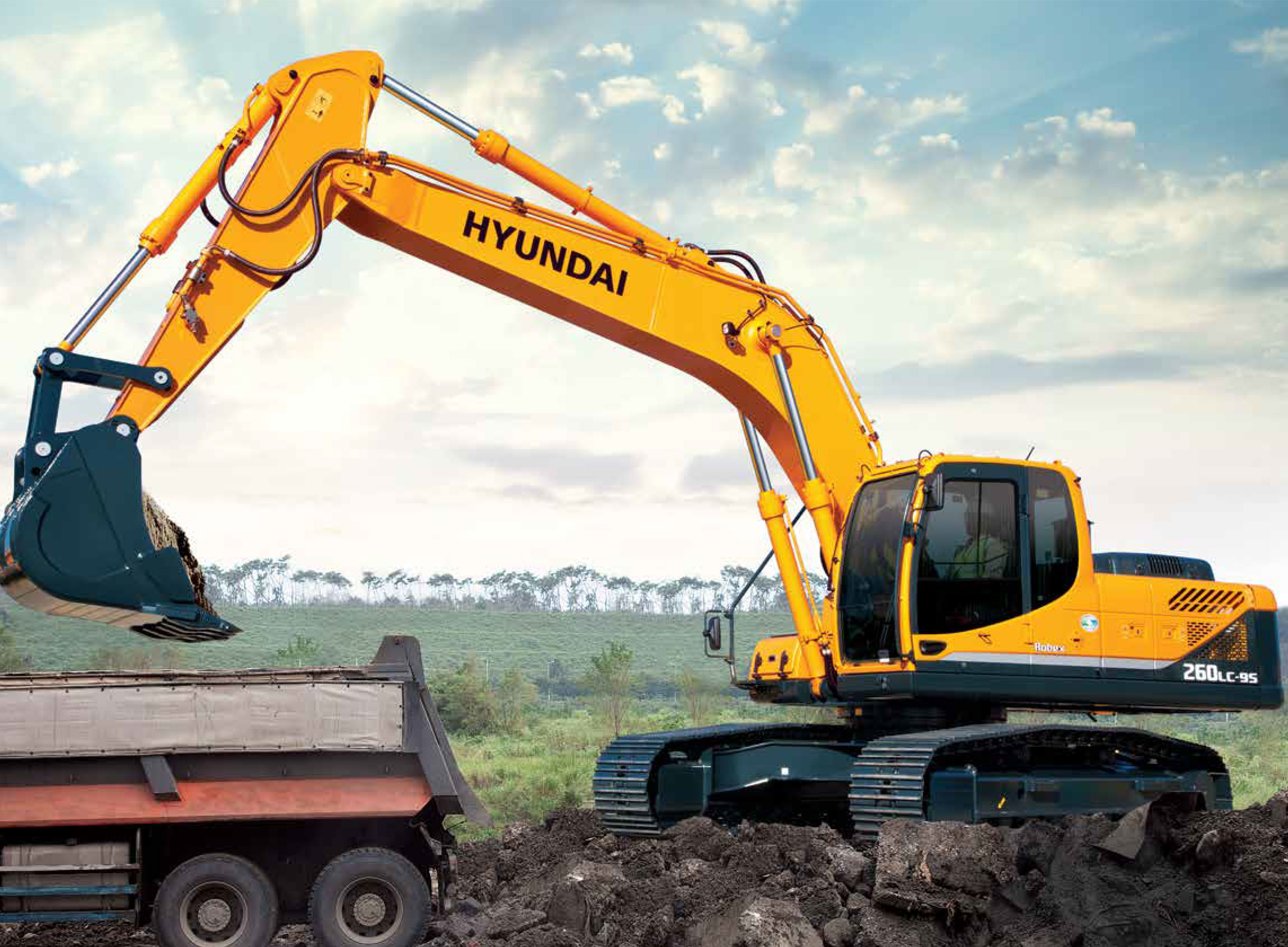When we think of the construction industry, towering cranes, heavy-duty excavators, and robust bulldozers often steal the spotlight. However, beneath the surface of these colossal machines lies a crucial component that enables them to perform their tasks with precision and power. We’re talking about hydraulic cylinders, the unsung heroes of construction.
The Foundation of Hydraulic Power
Hydraulic cylinders are fundamental to modern construction equipment, serving as the muscles that enable heavy machinery to move, lift, and perform various tasks. When researching these items, keep in mind that there are lots of different types of hydraulic cylinders for sale, and each type is designed for a specific application. In this article, we will discuss their essential role in the construction industry.
These cylinders are hydraulic actuators that use pressurized fluid to generate linear force and motion. Comprising a cylindrical barrel, a piston, and hydraulic fluid, they work together seamlessly to convert hydraulic energy into mechanical force.
One of the primary functions of hydraulic cylinders in construction equipment is to provide the necessary force for lifting and moving heavy objects. Think about a towering crane effortlessly hoisting a steel beam into place or a hydraulic excavator digging deep into the earth with ease.
These actions are made possible by the remarkable force exerted by hydraulic cylinders, allowing construction workers to complete tasks that would otherwise be impossible through human effort alone.
Efficiency and Precision: A Winning Combination
In the construction industry, efficiency and precision are paramount. Time is money, and any delay or error can have costly consequences. Hydraulic cylinders play a pivotal role in ensuring that construction projects run smoothly and meet deadlines.
One key advantage of hydraulic cylinders is their ability to provide precise control over the motion and position of heavy equipment. This precision is vital when manoeuvring delicate materials or executing intricate tasks, such as the installation of building components.
The operator can manipulate the hydraulic system to move the equipment with the utmost accuracy, minimizing the risk of accidents and costly rework.
Moreover, hydraulic cylinders excel in maintaining consistent force and speed throughout an operation.
Whether it’s the controlled descent of a pile driver or the steady movement of an industrial robot, hydraulic cylinders offer a level of reliability that is indispensable in construction. This consistency reduces wear and tear on machinery, resulting in lower maintenance costs and extended equipment lifespan.
Versatility in Construction Applications
The versatility of hydraulic cylinders is another reason they are indispensable in the construction industry.
These components find application in a wide range of construction equipment, from cranes and excavators to forklifts and concrete pumps.
- Lifting and Lowering: Hydraulic cylinders are crucial for lifting and lowering heavy loads. Whether it’s a crane hoisting steel beams or an aerial work platform elevating workers to great heights, hydraulic cylinders provide the muscle needed to perform these tasks safely and efficiently.
- Earthmoving and Excavation: In excavation equipment like backhoes and excavators, hydraulic cylinders power the digging and bucket movements. Their ability to exert significant force is vital for breaking ground and removing large volumes of earth quickly.
- Material Handling: Forklifts and material handlers rely on hydraulic cylinders to lift and transport heavy materials within construction sites and warehouses. The precision and strength of hydraulic cylinders make them ideal for these tasks.
- Concrete Placement: Concrete pumps use hydraulic cylinders to precisely control the flow of concrete during placement. This ensures even distribution and minimizes waste, a crucial factor in constructing sturdy foundations and structures.
- Demolition: In demolition machinery, hydraulic cylinders are instrumental in breaking down structures safely and efficiently. They power hammers and crushers that reduce buildings to rubble, all while maintaining operator control.
Sustainability and Efficiency in Construction
The construction industry is evolving, with a growing emphasis on sustainability and eco-friendly practices. Hydraulic cylinders play a role in this evolution by contributing to the efficiency of construction equipment, which in turn reduces fuel consumption and emissions.
Efficiency in construction equipment means that tasks are completed in less time, requiring fewer resources.
Hydraulic cylinders’ ability to provide precise control and consistent force leads to reduced idle time and optimized work cycles. This not only saves money for construction companies but also aligns with the broader goal of minimizing the environmental impact of construction activities.
Additionally, hydraulic systems are becoming more energy-efficient through advancements in technology.
Variable displacement pumps and smart hydraulic controls are being integrated into construction equipment, allowing for on-demand power and reduced energy consumption when full force is not required. This not only saves fuel but also reduces the wear and tear on hydraulic components, including cylinders, extending their lifespan.

